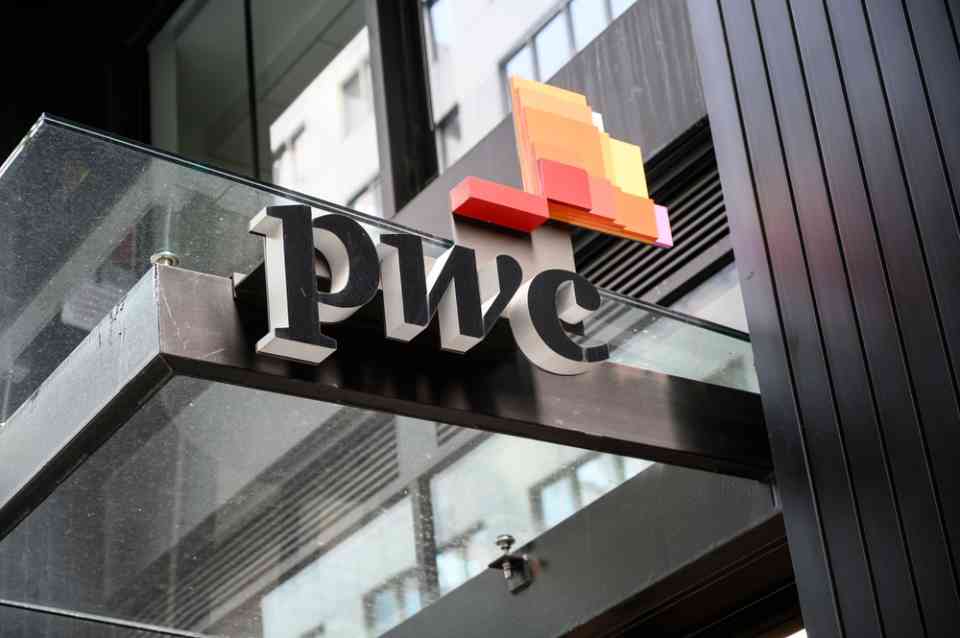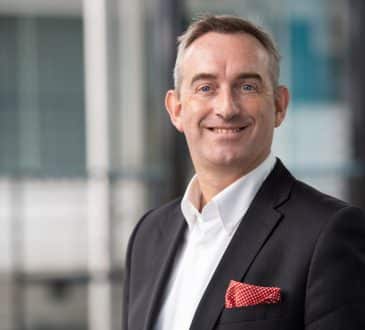PWC’s Hopes and Fears Survey: UK Workers Balancing Optimism and Overwhelm Amid Rapid Changes

UK workers are hopeful about new opportunities and evolving work practices, but the rapid pace and scale of change are proving challenging, according to PwC’s Hopes and Fears Survey.
Embracing GenAI
The survey, which included over 56,600 workers globally and 2,000 in the UK, reveals that workers see the potential of Generative AI (GenAI) to enhance their efficiency and workload management. Notably, 57% of workers this year believe GenAI could help them be more efficient, a significant increase from 19% last year.
Navigating Increased Workloads and New Technologies
In the UK, 41% of workers report a significant increase in workload, while 37% feel the need to learn new tools and technologies. Moreover, 45% of workers feel overwhelmed by the rapid changes, and 40% do not understand the necessity of some changes.
Despite these challenges, optimism remains high. Seventy-five percent of workers are ready to adapt to new working methods, and 65% are excited about new opportunities. Additionally, 68% are confident that GenAI will facilitate skill development, and many believe it will boost creativity (64%) and improve work quality (62%).
Sarah Moore, Head of Workforce at PwC UK, notes that workers are motivated to embrace AI and other changes but are also feeling overwhelmed by the constant disruptions. She emphasizes the need for employers to provide clear strategies and equip their workforce with the necessary skills to adapt.
Positive Perception but Limited Usage
Although 57% of workers predict GenAI will enhance their efficiency, and 46% believe it will help manage their workload, actual usage remains low. Only 47% of UK workers have used GenAI at work in the past year, compared to 61% globally, and only 18% use it daily or weekly, compared to 28% globally.
Barriers to GenAI adoption include a lack of opportunities to use it (33%), lack of access provided by employers (25%), and insufficient knowledge on how to use it (23%).
Addressing Concerns and Skill Gaps
Despite the positivity around GenAI, workers have concerns about potential biases (45%) and misinformation (47%). Alastair Woods, Workforce Transformation Partner at PwC UK, stresses the importance of employers providing clear guidelines on the use of GenAI and supporting experimentation to harness its full potential.
The survey highlights generational differences in attitudes toward skill changes. Only 19% of Gen X and baby boomers foresee a significant shift in required skills within the next five years, compared to 31% of Millennials and Gen Z. This contrasts with PwC’s CEO Survey, where 78% of UK CEOs reported skills shortages, particularly in tech capabilities.
Trust in Leadership
Despite these challenges, there is strong trust in leadership. Approximately 77% of workers trust their leaders to navigate critical changes and believe in their organization’s long-term strategy, while 65% acknowledge their leaders’ competence, 66% perceive them as transparent and fair, and 63% believe they genuinely care.
The job market is already reflecting the shift in skills requirements, with AI specialist job postings in the UK growing 3.6 times faster than all jobs over the past decade, according to PwC’s 2024 AI Jobs Barometer.
| Country | Capital | Head of State | Head of Government | GDP (nominal) per capita | GDP (PPP) | GDP (PPP) | GDP (PPP) per capita |
|---|---|---|---|---|---|---|---|
| United Kingdom | London | Charles III | Rishi Sunak | 3,332,059 | 48,912 | 3,980,000 | 56,836 |
Have you read?
The Daunting CEO Agenda: What it Means for Communications.
How to Write Attractive Book Proposals? Jennifer Scott Pens Some Tips.
The Psychology Tool Leaders Can Use to Increase Productivity.
Generative AI Offers Major Benefits for Independent Workers.
7 things I didn’t know about flying business class.
Bring the best of the CEOWORLD magazine's global journalism to audiences in the United States and around the world. - Add CEOWORLD magazine to your Google News feed.
Follow CEOWORLD magazine headlines on: Google News, LinkedIn, Twitter, and Facebook.
Copyright 2025 The CEOWORLD magazine. All rights reserved. This material (and any extract from it) must not be copied, redistributed or placed on any website, without CEOWORLD magazine' prior written consent. For media queries, please contact: info@ceoworld.biz








